
Vitamin B12 Deficiency Symptoms
Recognize the Critical Signs of Vitamin B12 Deficiency Before It’s Too Late
Vitamin B12 is an essential nutrient that plays a central role in red blood cell formation, neurological function, and DNA synthesis. As we age, our bodies naturally lose the ability to absorb this vitamin efficiently. Because B12 cannot be produced internally, it must be consumed through food—primarily animal-based sources—or taken as a supplement.
Despite its importance, vitamin B12 deficiency is often overlooked. In fact, studies reveal that around 40% of North Americans have lower-than-optimal B12 levels. People suffering from chronic fatigue syndrome or fibromyalgia are particularly vulnerable. Left untreated, a deficiency can lead to serious health issues, including permanent nerve damage.
Common Symptoms of Vitamin B12 Deficiency
1. Persistent Fatigue That Doesn’t Go Away
Feeling constantly drained, even after a full night’s sleep? Chronic fatigue is one of the earliest and most noticeable signs of a B12 deficiency. This is because vitamin B12 is essential for red blood cell production, which in turn carries oxygen throughout the body. When your cells don't receive enough oxygen, energy levels plummet.
⚠️ Note: Fatigue alone doesn’t confirm a B12 deficiency, but if it’s accompanied by other symptoms, it may be time to get tested.
2. Muscle Weakness and Coordination Issues
Muscles require oxygen to function efficiently. A lack of B12 impairs red blood cell production, which can lead to decreased muscle strength and overall body weakness. In more advanced cases, individuals may also experience poor balance and coordination, increasing the risk of falls—especially in older adults.
3. Vision Problems
A severe deficiency in vitamin B12 can damage the optic nerve and block signals to the brain, leading to blurred or double vision. Some people may even experience sensitivity to light or vision loss. If your vision begins to deteriorate without an apparent reason, it’s critical to seek medical evaluation instead of self-diagnosing.
4. Pale or Yellow-Tinted Skin
Have you noticed a pale or slightly yellow hue to your skin? This could be due to the breakdown of red blood cells, which releases a pigment called bilirubin into your bloodstream. High bilirubin levels result in jaundice—a yellowing of the skin and eyes—often linked to vitamin B12 deficiency.
5. A Smooth, Painful Tongue
B12 deficiency can lead to the loss of papillae—the tiny bumps on your tongue that contain taste buds. This condition, known as glossitis, results in a red, swollen, and smooth tongue that may feel sore or uncomfortable. Some individuals also report a burning sensation or a loss of taste, which can interfere with eating and enjoying food.
What Causes Vitamin B12 Deficiency?
Several factors can interfere with the absorption of vitamin B12:
-
Digestive Disorders – Conditions like Crohn’s disease, celiac disease, or atrophic gastritis can affect the stomach lining and disrupt B12 absorption.
-
Chemotherapy and Medications – Cancer treatments and certain drugs, including metformin or proton pump inhibitors, may reduce B12 levels by altering gut bacteria or damaging stomach cells.
-
Vegetarian or Vegan Diets – Since plant-based diets exclude natural sources of B12, individuals following these lifestyles are at a higher risk unless they take fortified foods or supplements.
-
Aging – As we grow older, the stomach produces less acid, which is necessary to release B12 from food sources.
How to Treat and Prevent Vitamin B12 Deficiency
1. Improve Your Diet
One of the simplest ways to maintain healthy B12 levels is through diet. Incorporate foods rich in B12 such as:
-
Beef and chicken liver
-
Lamb and poultry
-
Fish like salmon, sardines, and tuna
-
Eggs and dairy products
For vegetarians and vegans, fortified cereals, nutritional yeast, and plant-based milk alternatives with added B12 are excellent options.
2. Use B12 Supplements
If dietary changes aren’t feasible or if you have trouble absorbing B12 from food, supplements may be necessary. Common forms include:
-
Methylcobalamin – A bioactive form of B12, often preferred for its superior absorption.
-
Cyanocobalamin – A synthetic form that is widely available and effective.
Always consult with a healthcare provider before beginning supplementation to determine the right dosage for your needs.
3. Take Quality Probiotics
The health of your gut microbiome significantly influences nutrient absorption. Probiotics can support gut health and improve your body’s ability to absorb B12. Natural sources include:
-
Kefir
-
Yogurt
-
Kombucha
-
Fermented vegetables
-
Dark chocolate (in moderation)
4. Reduce Inflammatory Foods
An inflamed gut can't absorb nutrients effectively. Try cutting back on:
-
Ultra-processed and packaged foods
-
Fast food and fried items
-
Low-quality meats with additives
-
Excessive sugar and artificial sweeteners
Replacing these with whole, nutrient-dense foods can significantly enhance your overall digestion and vitamin absorption.
The Bottom Line
Vitamin B12 is far too important to overlook. By recognizing the early signs of deficiency and taking proactive steps—like adjusting your diet, using supplements, and supporting gut health—you can avoid long-term complications and stay energized, focused, and healthy.
Have you experienced symptoms of a vitamin B12 deficiency? What helped you get back on track? Share your story—we’d love to hear from you.
News in the same category

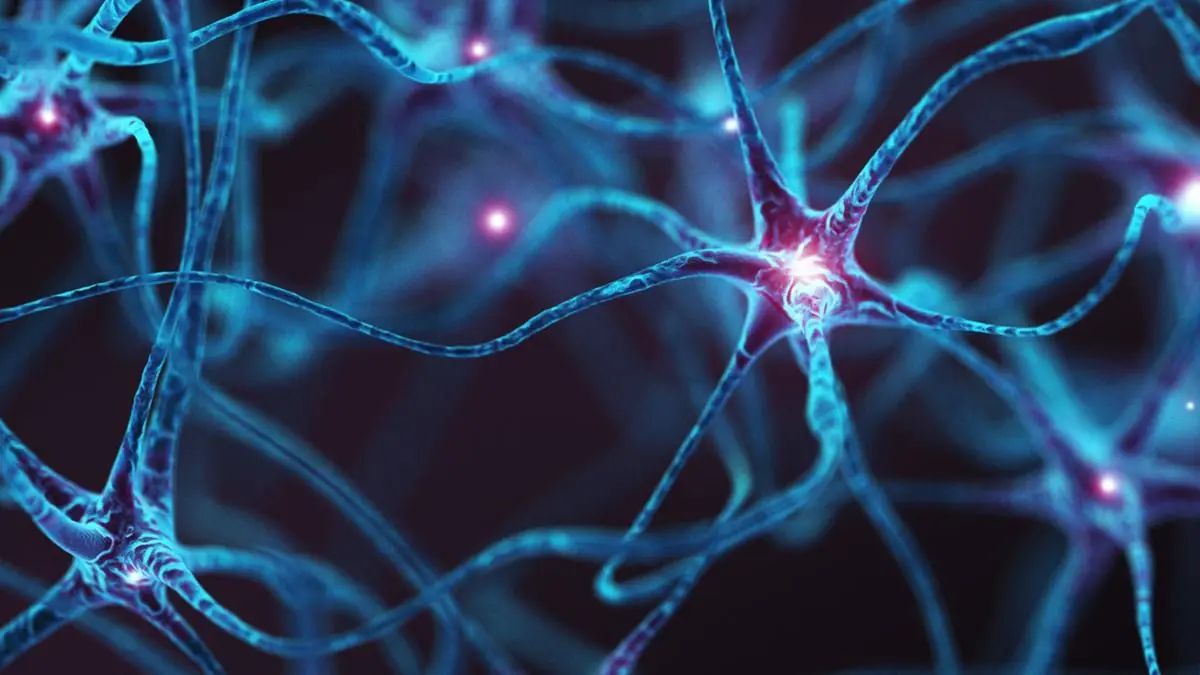
Skin Cells Can Send Electrical Signals to Help Heal Wounds – A New Discovery in Wound Healing

Disturbing simulation reveals what really happens to your body after injecting Ozempic
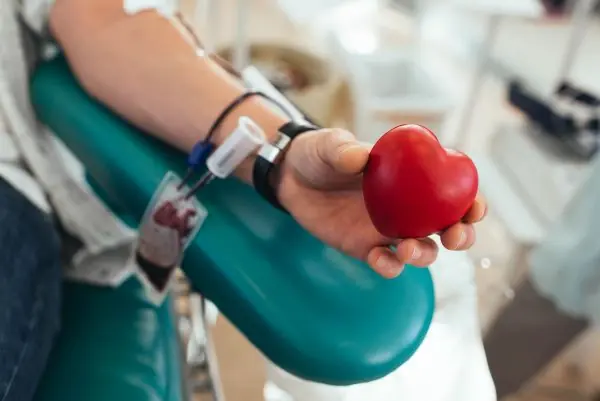
Regular Blood Donation May Improve Blood Cell Health and Reduce Cancer Risk

Simulation Reveals Shocking Truth About What Ozempic Does To Your Body After Injection
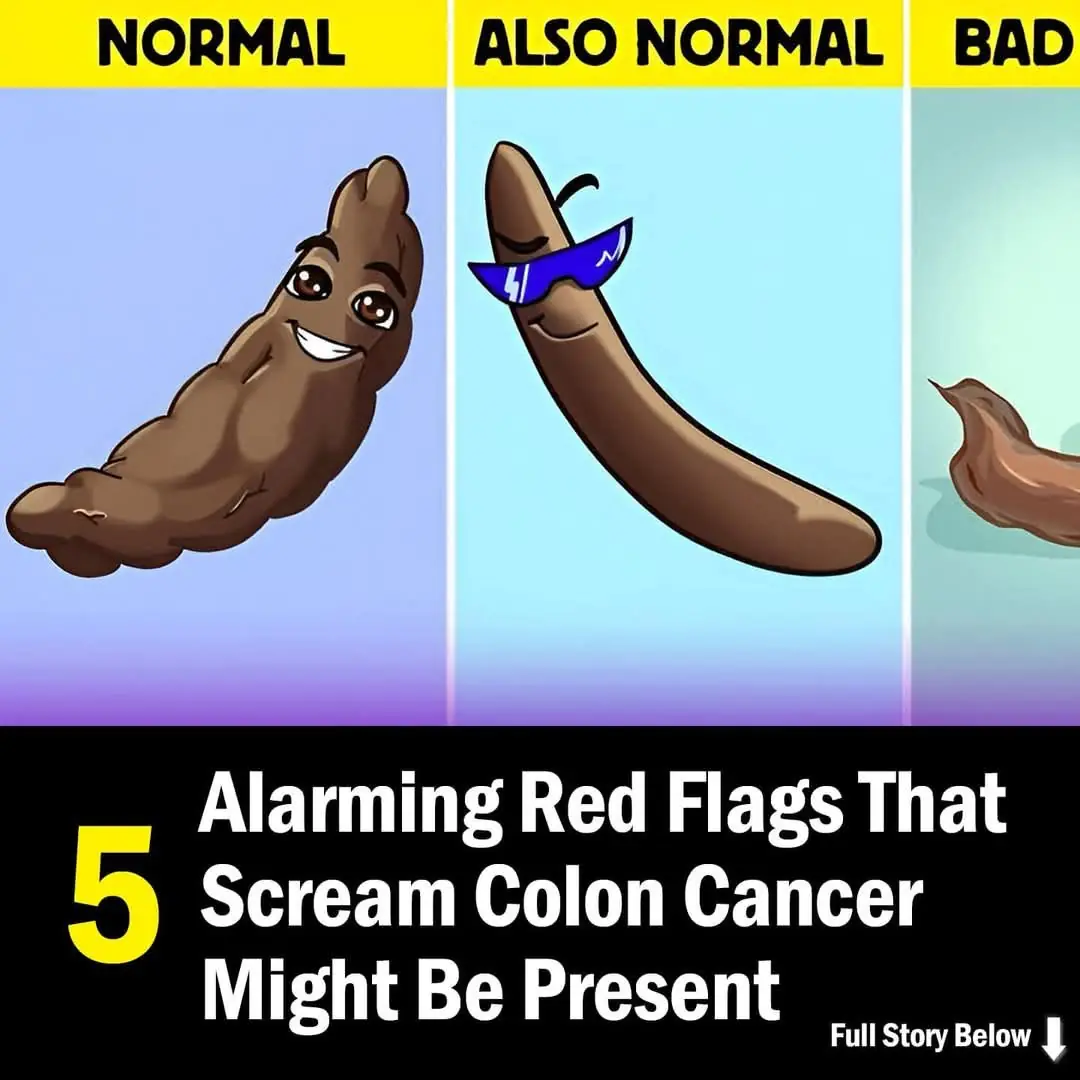
5 Early Signs of Colon Cancer You Shouldn’t Ignore

4 Subtle Signs on Your Face That Could Signal Health Problems
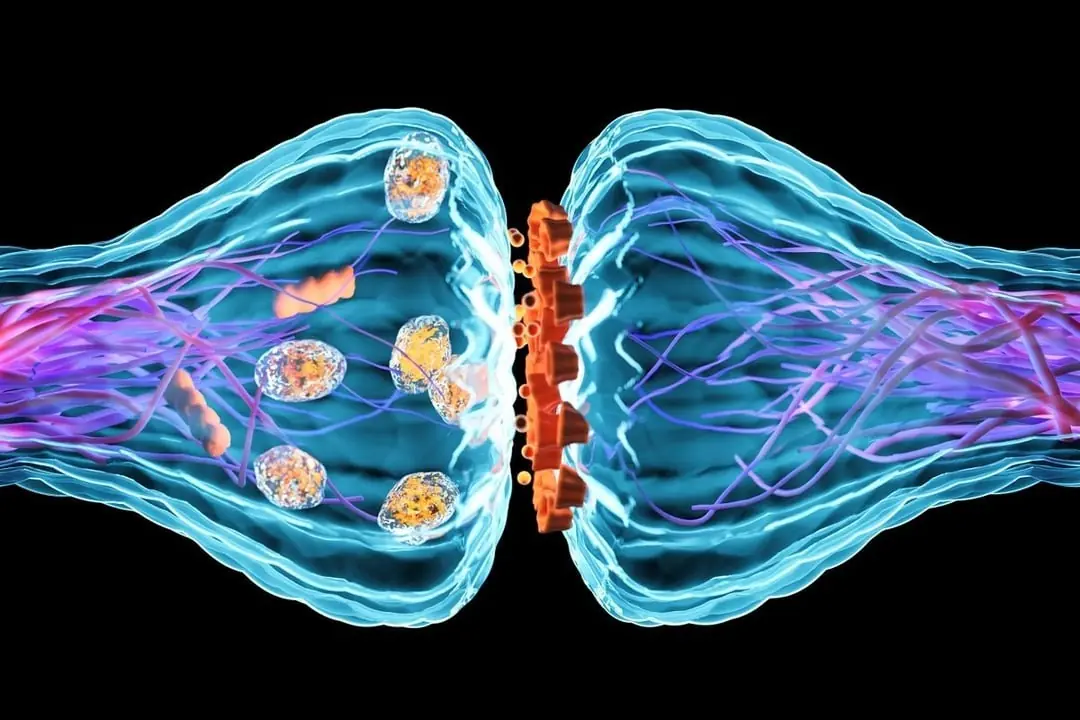
The Key to Everlasting Memories? Scientists discovered the "glue" that makes memories stick!

Listening to Music Literally Speeds Up Recovery from Surgery, Research Shows
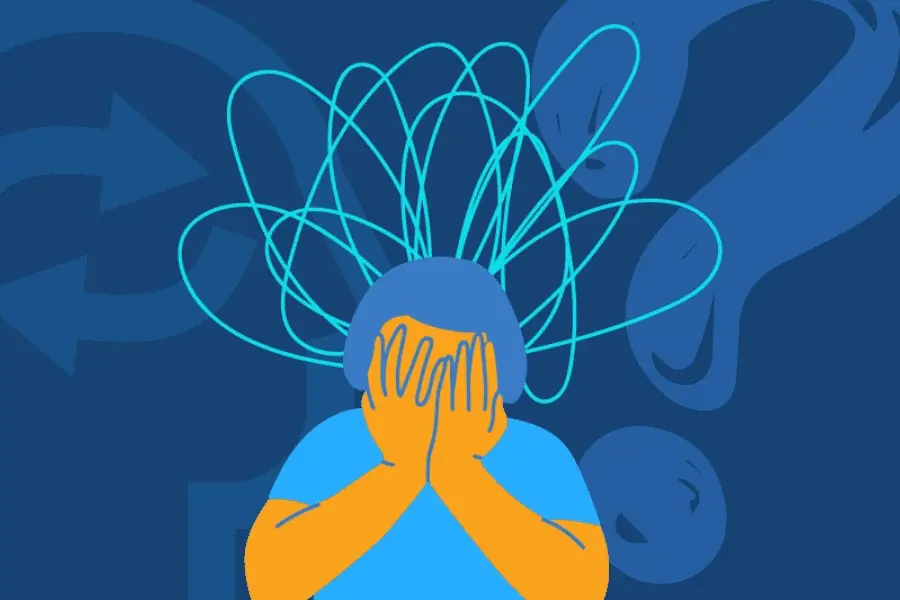
A Common Drug Used in Tylenol, Excedrin, and More Was Just Linked to ADHD
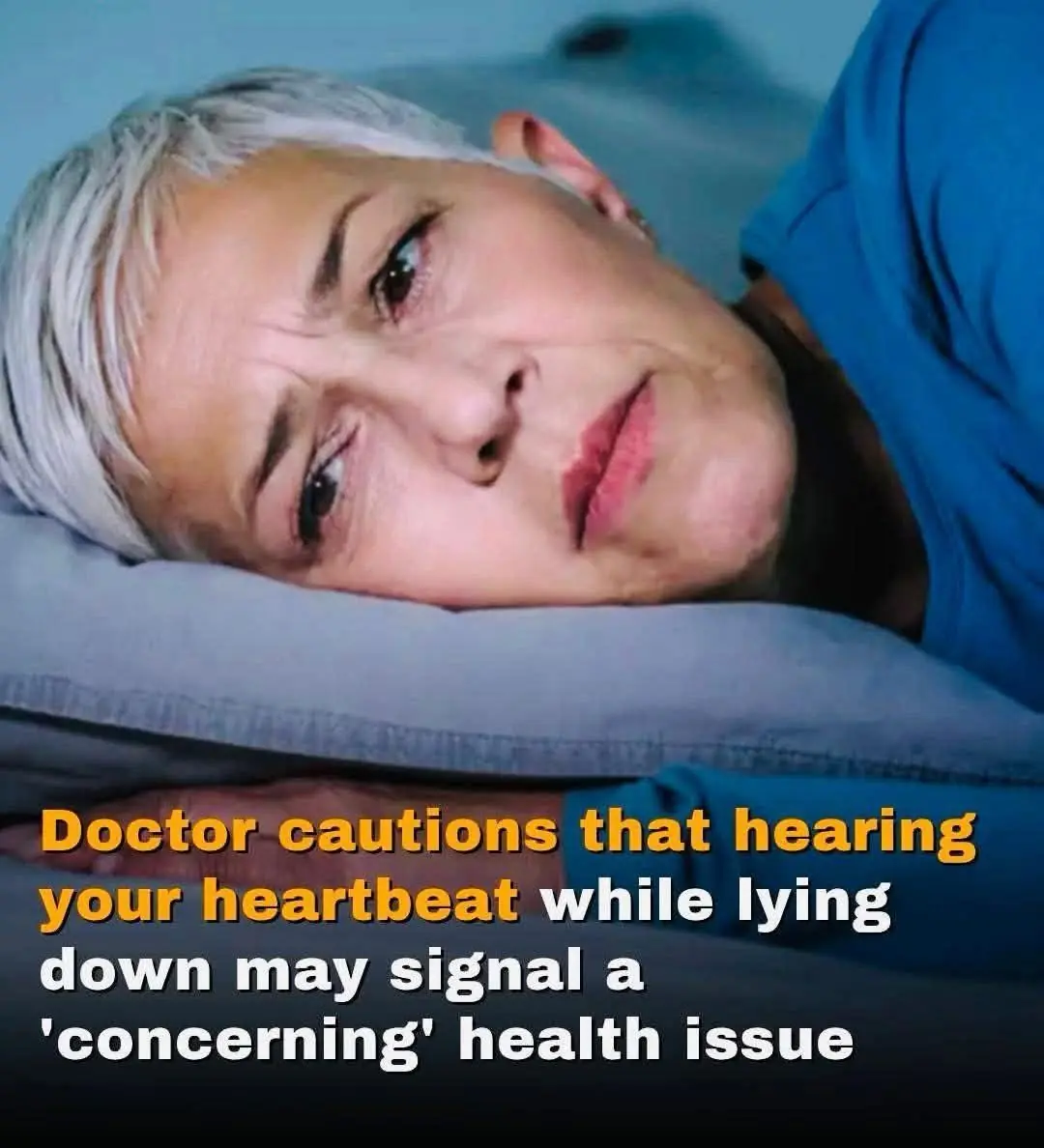
Pulsatile Tinnitus: Why You Hear Your Heartbeat While Lying Down

Doctor's Warning To People Whose Fingers And Toes Change Color And Feel Numb In The Cold
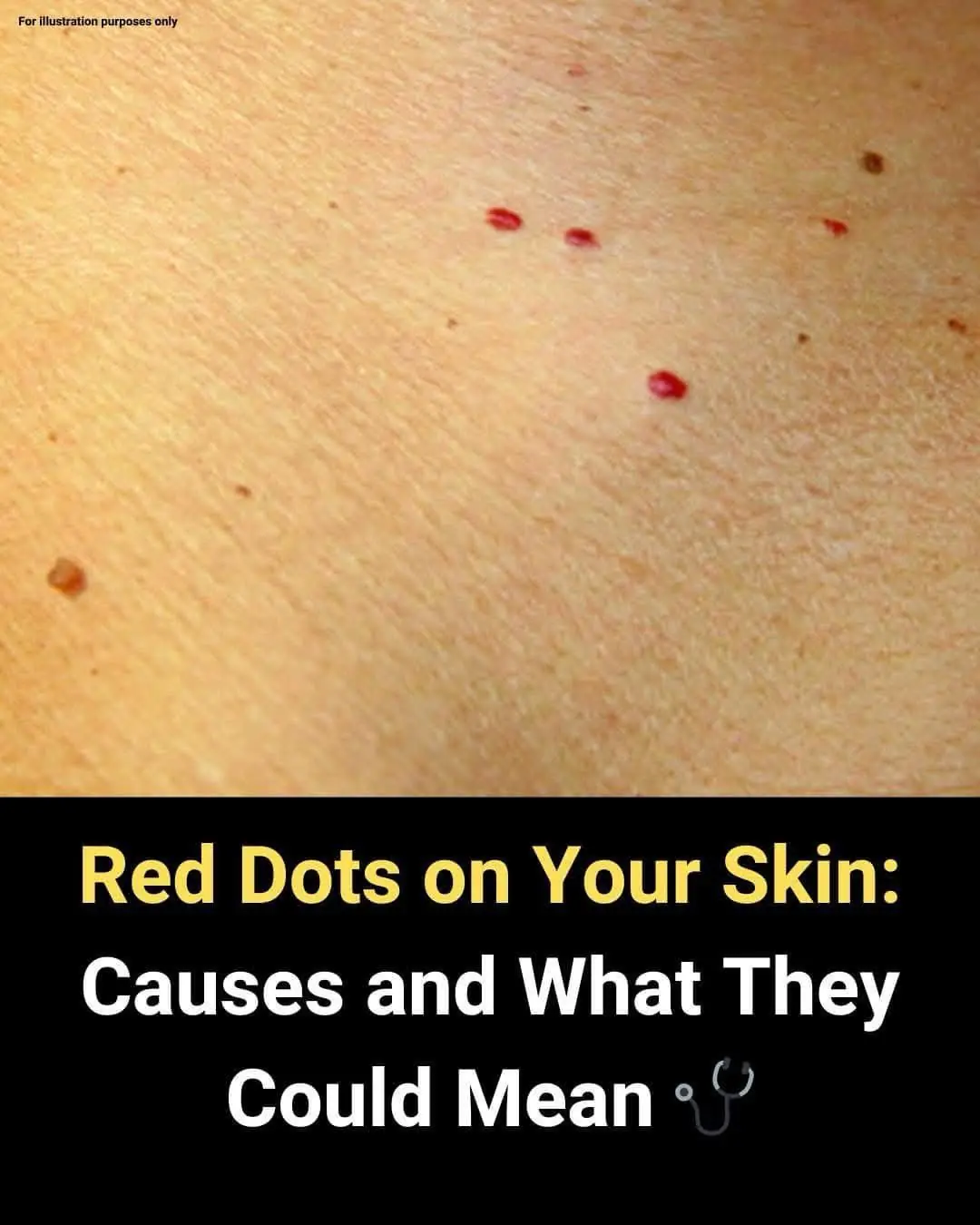
Red Spots on Skin: 13 Common Causes

Vaping vs. Smoking: New Study Says Vapes May Be More Harmful

Study Explains How the First Born Child Is Often the Most Intelligent

What 20 Seconds of Hugging Can Do for You
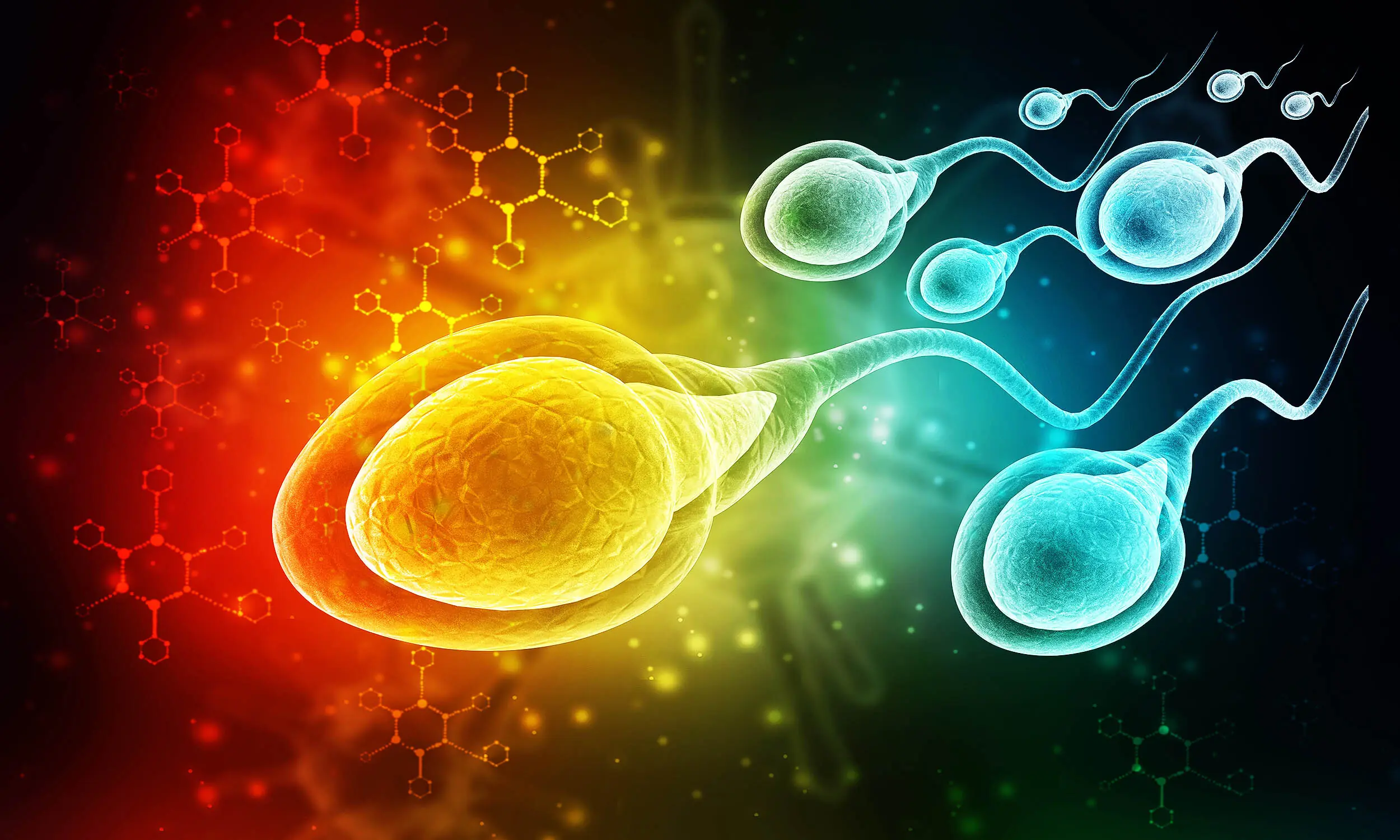
New Study Found Microplastics In Every Single Human Semen Sample
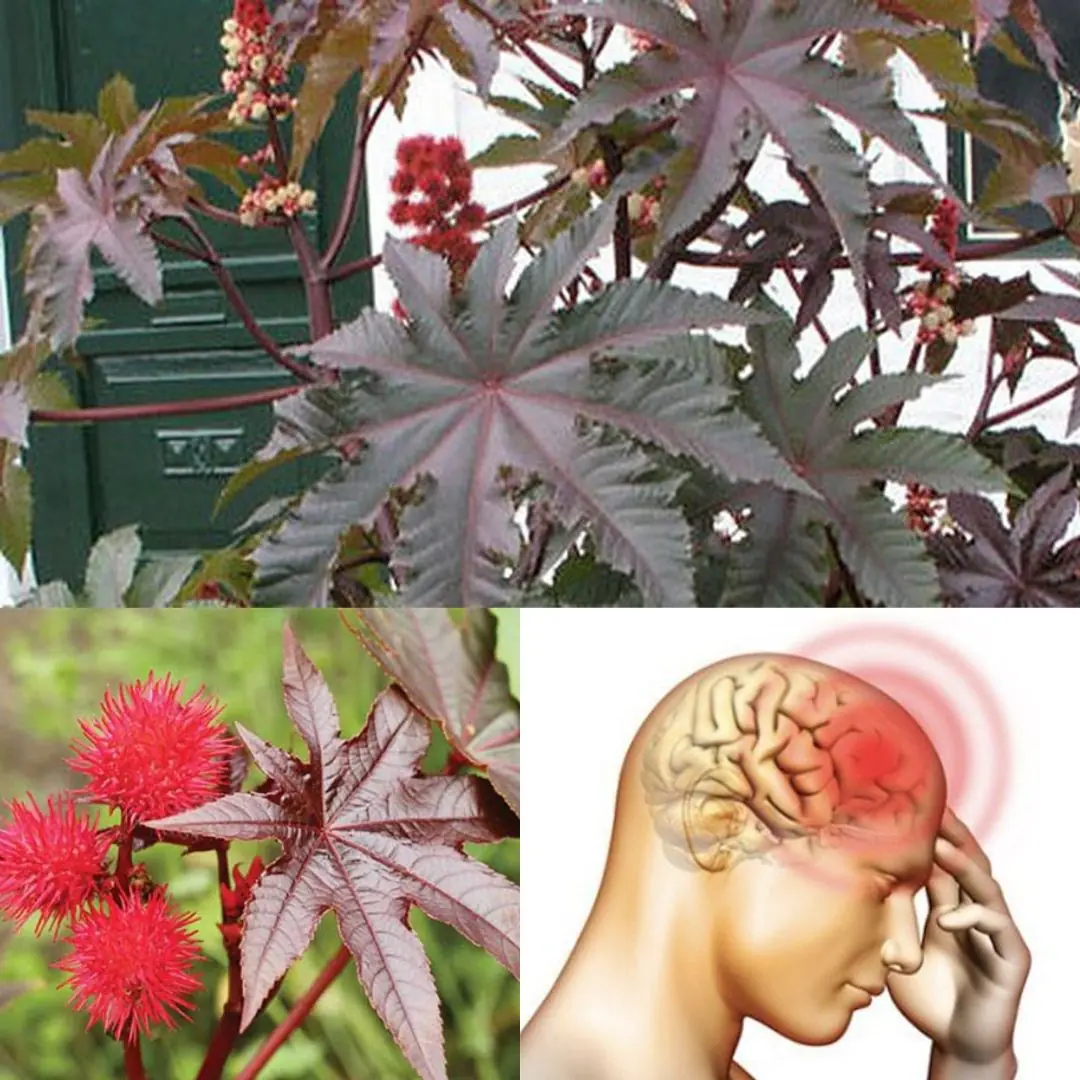
Unlock the Health Benefits of the Castor Bean Plant: A Natural Remedy for Wellness
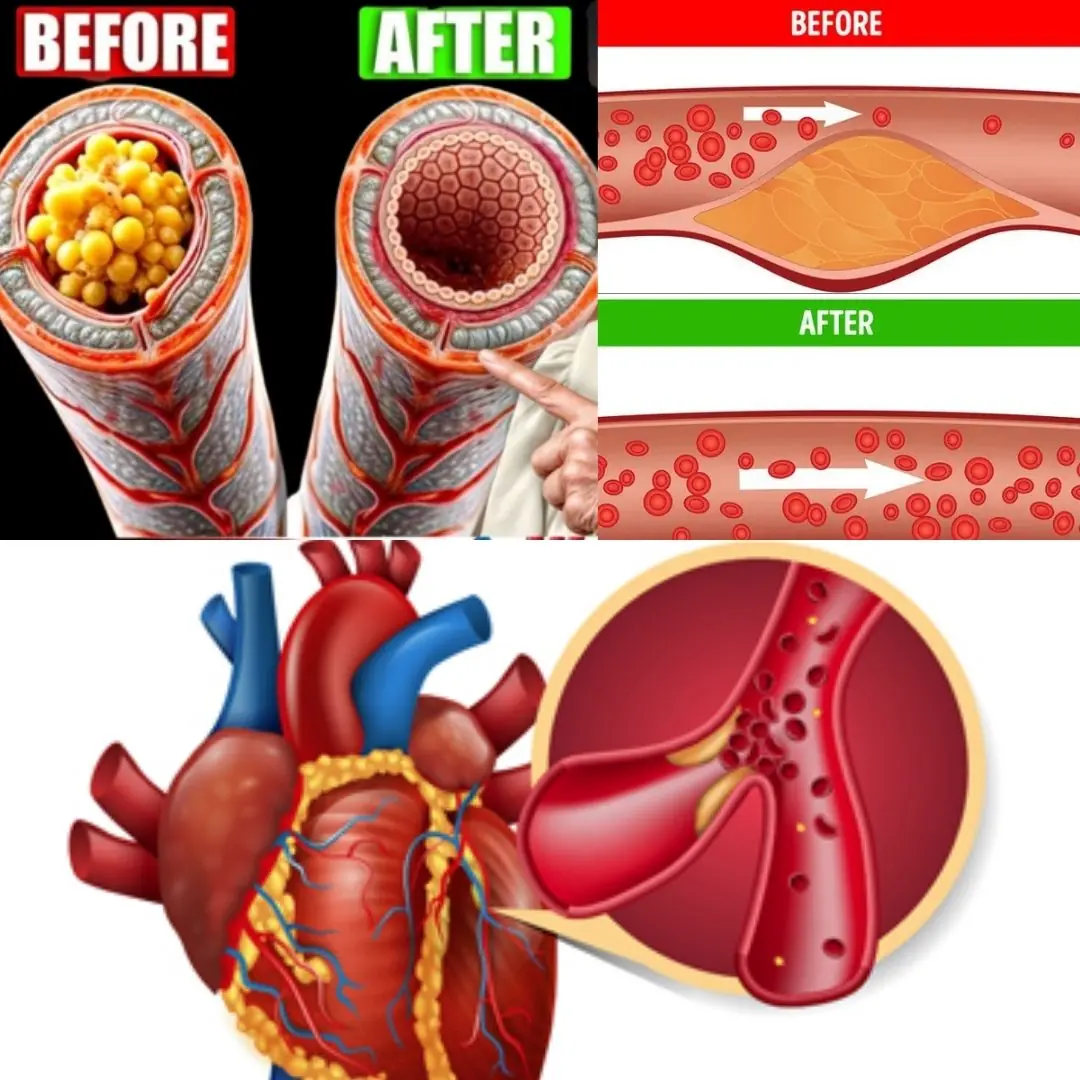
10 Vegetables That Are Good for Your Heart
News Post
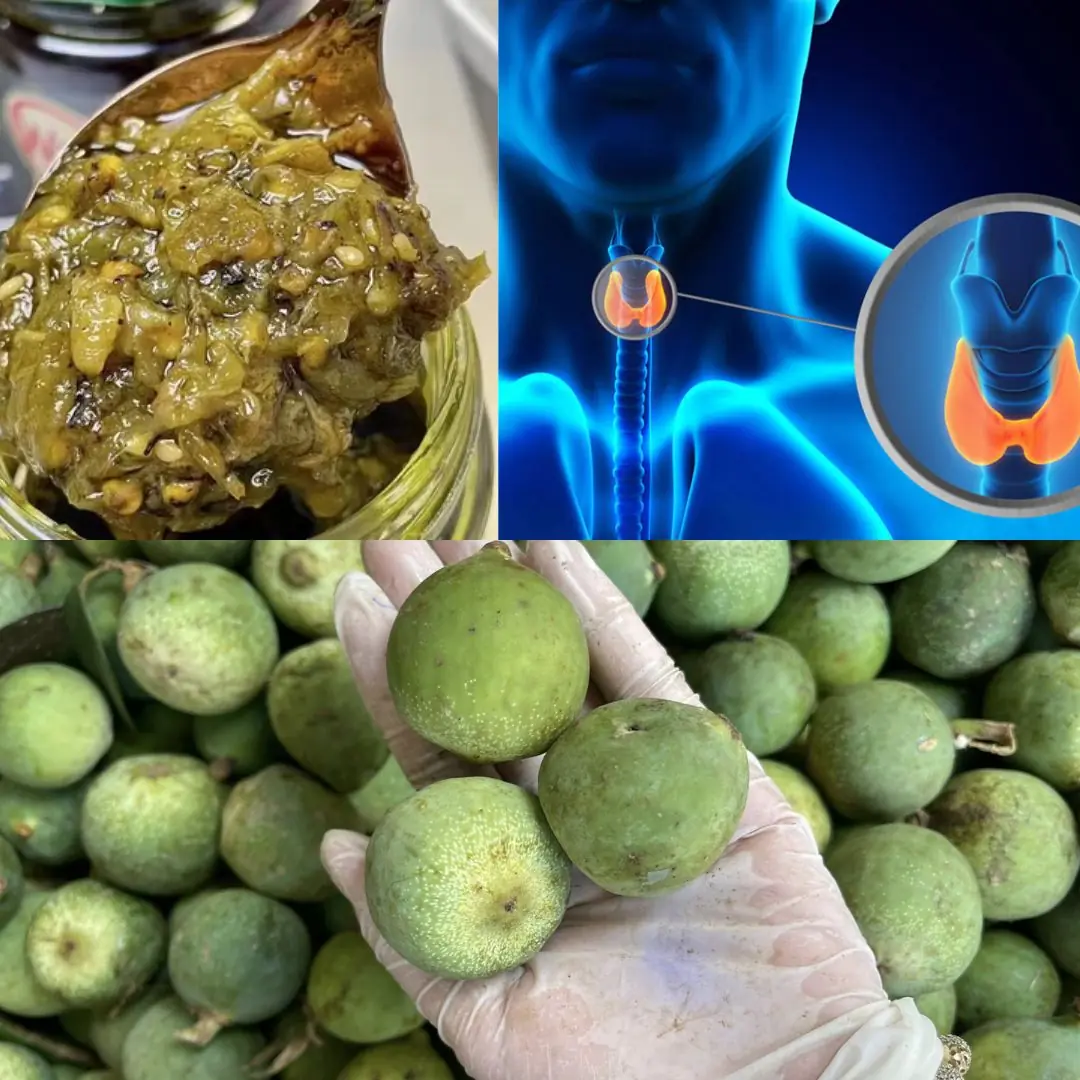
Health Benefits of Horseradish Leaves: A Nutrient-Packed, Overlooked Green

Too Much Salt? Here’s How It Quietly Destroys Your Health from Head to Toe

Skin Cells Can Send Electrical Signals to Help Heal Wounds – A New Discovery in Wound Healing

Disturbing simulation reveals what really happens to your body after injecting Ozempic

Regular Blood Donation May Improve Blood Cell Health and Reduce Cancer Risk

Simulation Reveals Shocking Truth About What Ozempic Does To Your Body After Injection

5 Early Signs of Colon Cancer You Shouldn’t Ignore

4 Subtle Signs on Your Face That Could Signal Health Problems

Girls Visit Dad's Grave to 'Show' Their New Dresses as He Asked, See 2 Boxes with Their Names

Turns Out I Rented an Apartment to My Husband's Mistress, and Their Next Date There Was One I'll Never Forget

Neighbor Mocks Poor Woman for Filthy Look of Her House, Apologizes after She Sets Foot Inside

My Wife Kicked Me Out of the House Because of the Sudden Confession of My Director

My Son’s New Classmates Turned Him from a Straight-A Student into a Troublemaker — But I Didn’t Give Up on Him

After My Brother's Funeral, His Widow Gave Me a Letter – I Wasn't Ready for What He'd Confessed

The Key to Everlasting Memories? Scientists discovered the "glue" that makes memories stick!

Listening to Music Literally Speeds Up Recovery from Surgery, Research Shows

A Common Drug Used in Tylenol, Excedrin, and More Was Just Linked to ADHD

Pulsatile Tinnitus: Why You Hear Your Heartbeat While Lying Down
